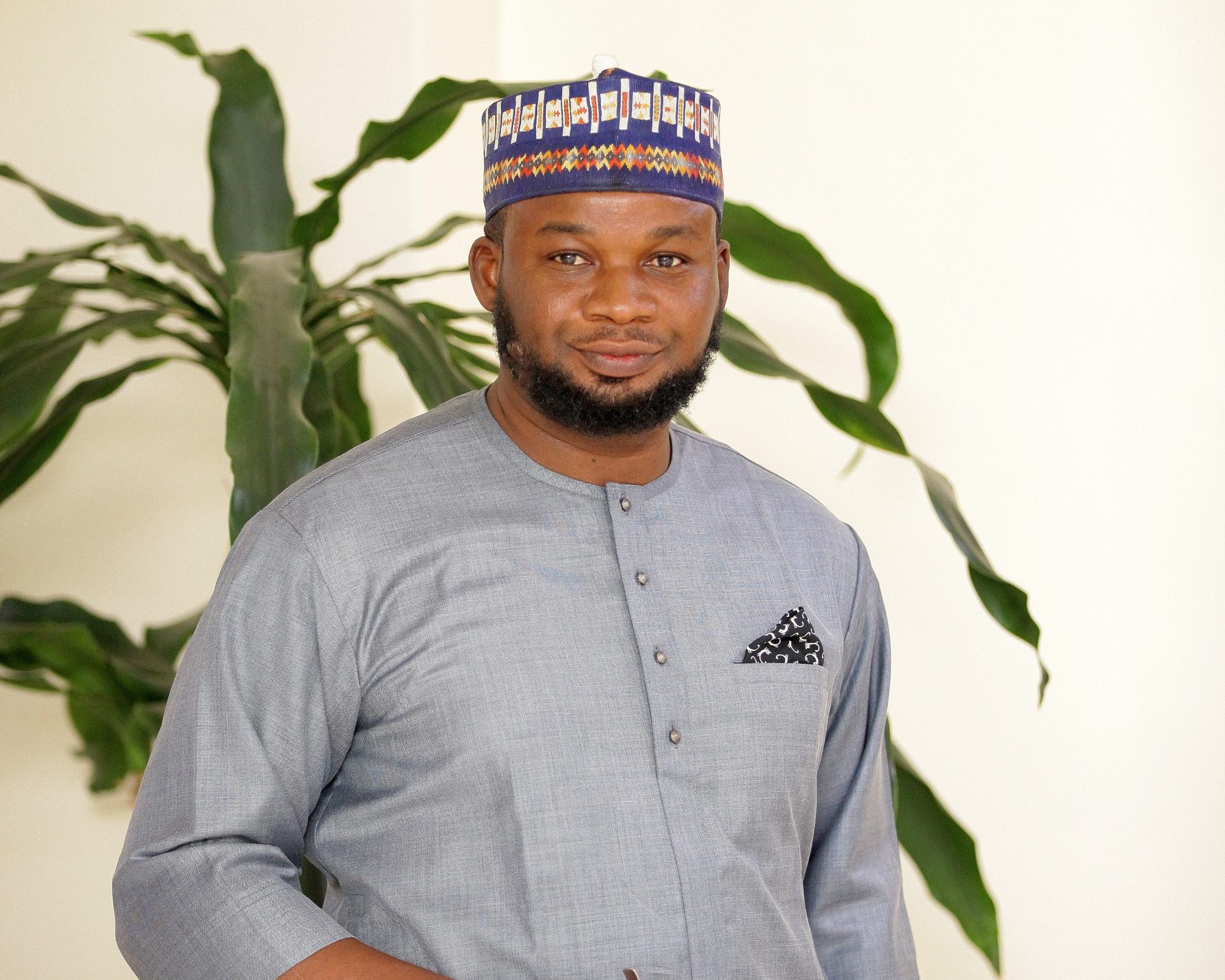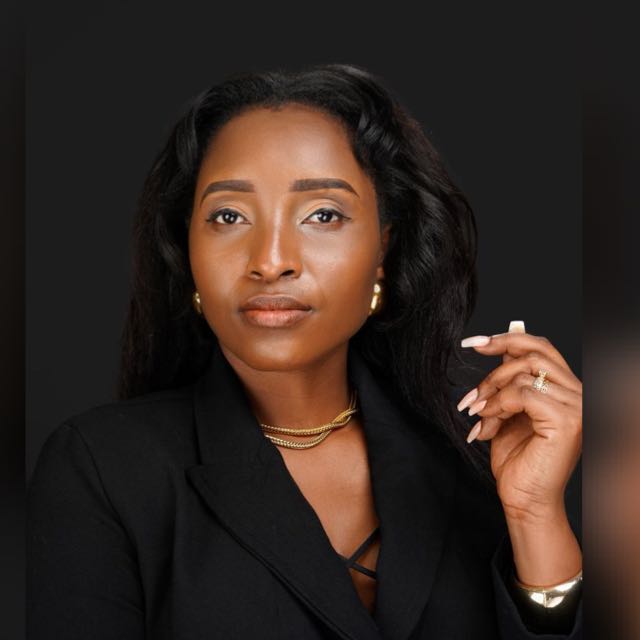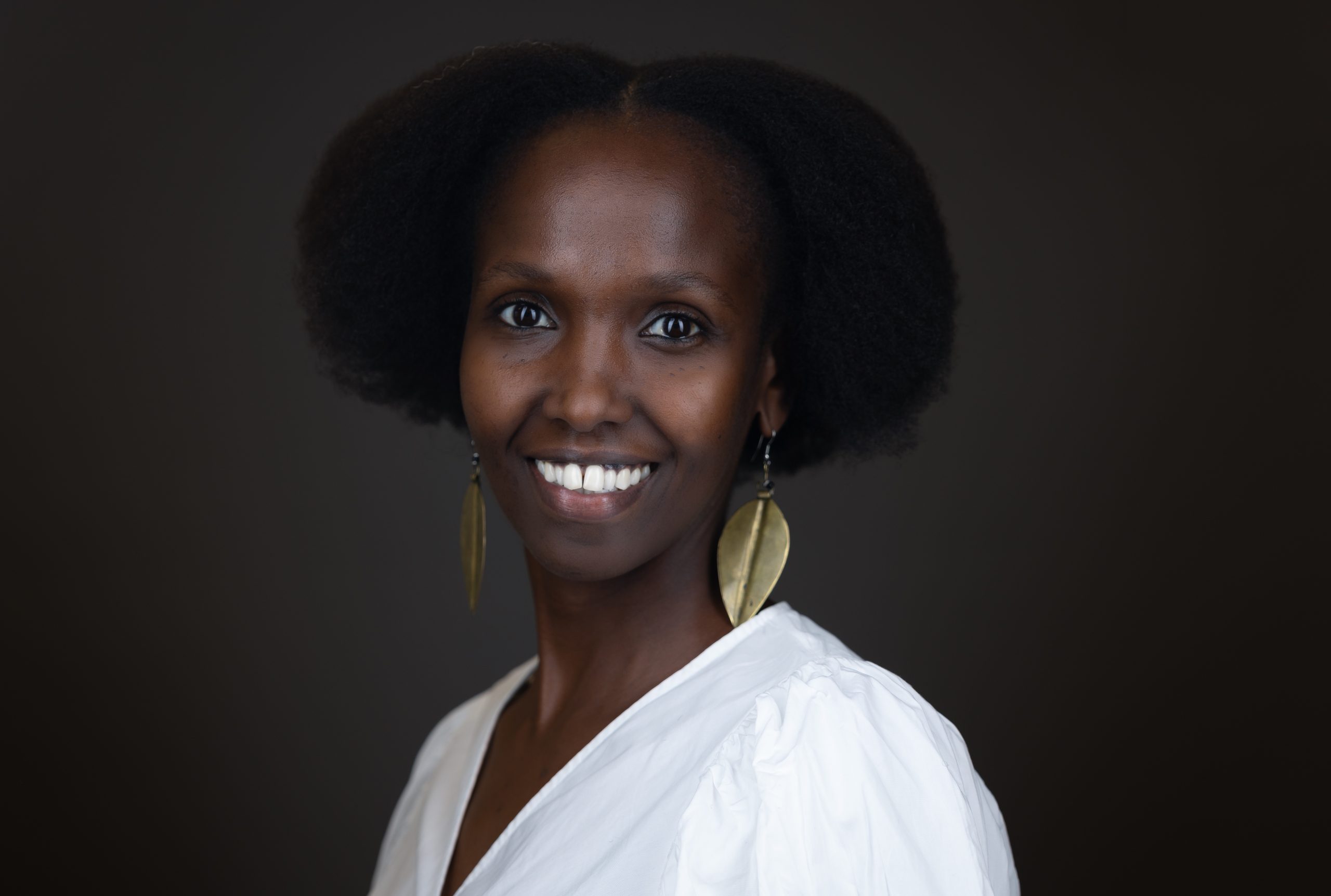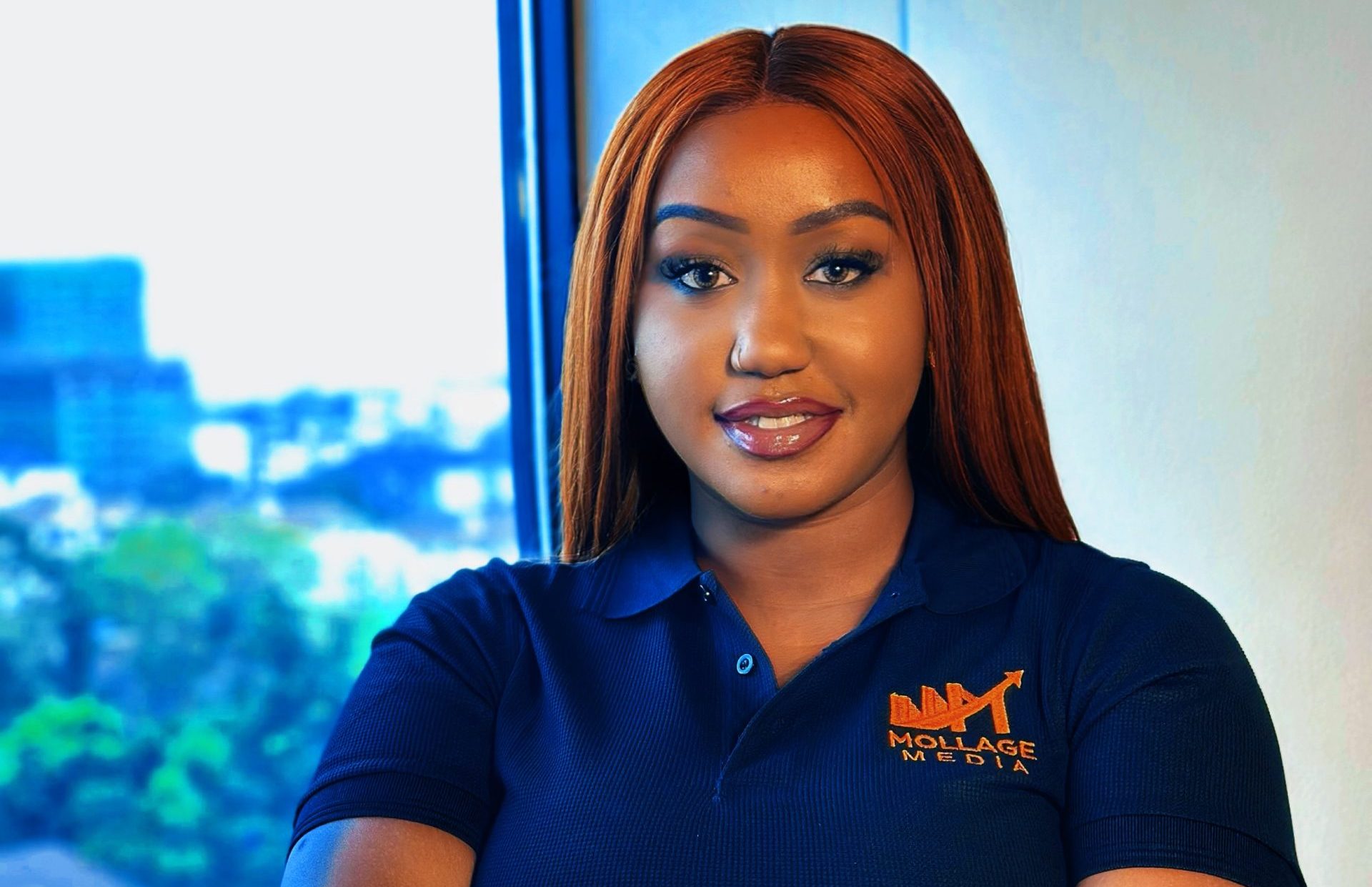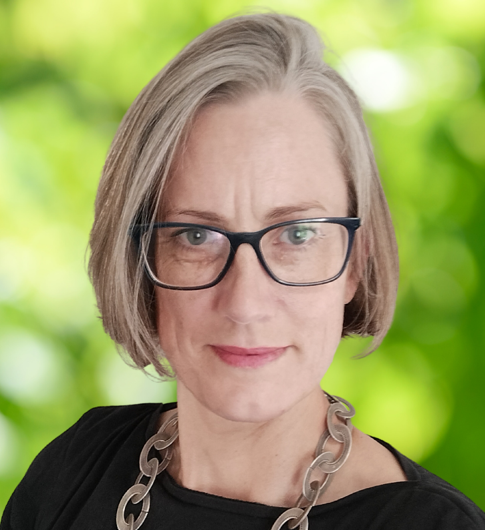This week’s on Comms Spotlight, we explore the career journey of David Otu, a Communications Professional whose journey into the field began in his third year at Ahmadu Bello University, Zaria. a budding interest in interpersonal communication took root during his National Youth Service in 2010, where he worked in a unit responsible for managing reputation and stakeholder engagement. He has not looked back since. In his interview with us, David shares how learning to talk about his work confidently has contributed to his career and what keeps him grounded in the fast-paced world of Comms.
How did you get started in the field of Communications?
I fell in love with the art and science of interpersonal communication in my third year at Ahmadu Bello University, Zaria, while pursuing my first degree in English Language. I had the opportunity to access the best literature, delving deeply into the cultural and social implications of language use, particularly in the area of semantics. At that level, I got to understand that “meaning” is not universal. Words and terms have different meanings in different cultures.
On a more strategic level, I took a deliberate step into the field of Communications during my one-year Youth Service in 2010, where I had the opportunity to serve in an active unit with a mandate to manage the agency’s reputation, messaging, and media relations with stakeholders. That experience served as a sort of baptism, enabling me to hone my self-taught and learned expertise as an intern.
Shortly after my 1-year service, I transitioned smoothly into an area of Communications that I had always admired: New Media. I had the opportunity to work at a full-service media firm between 2011 and 2014 as a New Media Specialist. It was at this stage that I took a deeper dive into various digital platforms, the art of content development, PR, and communication development, which enabled me to improve my expertise in the field of Communication, even as I led a range of interesting projects in the field.
Between 2010 and the present, I have had the opportunity to refine my skills and collaborate with some of the most interesting and knowledgeable professionals in both the new media ecosystem and the traditional media space.
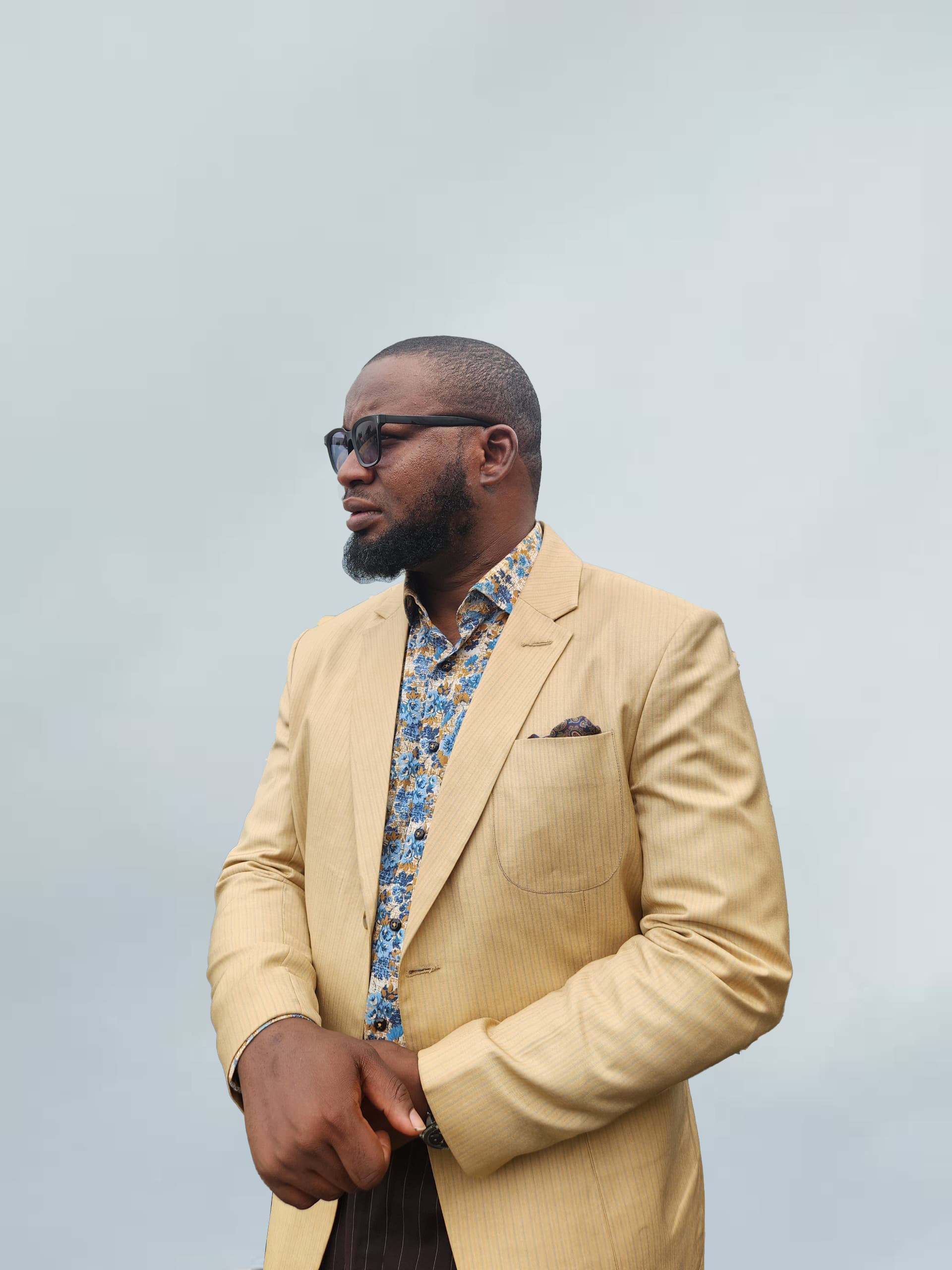
What do you do in your role as Technical Advisor, Knowledge Management and Communication at the Rural Electrification Agency of Nigeria (REA)?
The REA is a unique agency: it is a vital local agency with relevance in global conversations. By design, the agency is mandated to implement the Government’s off-grid and clean energy programmes and initiatives. Because sustainable energy is an enabler for socioeconomic growth globally, the impact touchpoints within the ecosystem allow the REA to communicate its value from multiple angles. This is why my role as Technical Advisor on Strategic Communications at the REA has been quite an interesting one.
The advantage I bring to this role is my broad-based understanding of the energy sector. Having actively participated in and featured prominently in local and international energy forums over the years, I have gained a deep understanding of the clean energy ecosystem, including its complex interconnections and multiple moving parts.
Upon assuming this role, I developed a strategic communication and knowledge management framework tailored to the REA, which has enabled me to create knowledge-driven content, policy-related content, and content aimed at mainstreaming the agency’s impact nationwide.
There are two interesting efforts I have initiated in this role in recent times: one is connecting the agency’s impact through its multifaceted initiatives and programmes directly to the Sustainable Development Goals (SDGs). The interconnectedness of the REA and the SDGs has allowed us to see the bigger picture more clearly. Considering that SDG7, where the REA’s mandate falls, is an enabler for 8 out of the 17 SDGs.
Secondly, internal knowledge management is pivotal in any institution. This is why I continue to develop a range of knowledge products that provide a more comprehensive view of the internal workforce, keeping them informed about the agency’s many successes and the roles they must continue to play to ensure sustained success.
What’s something you’ve learnt over the years that completely changed the way you approach your work?
Tackling the challenging tasks faster, diving in through the deep end. Don’t overthink, don’t overplan. I have witnessed a lot of ASprofessionals who hold on to ideas or hold back on initiatives out of fear of not hitting that pinnacle of perfection or out of fear of having their work critiqued.
Although I understand the reason for this, I do not fancy it. I understand that the line between turning a good communication initiative into a great one is not as thin as we believe it to be; it takes commitment, attention to detail and thorough reviews to walk that line.
However, over the years, I have envied and emulated professionals who experiment and execute at a rapid pace, learning on the go, rather than holding onto ideas or projects, indefinitely out of fear.
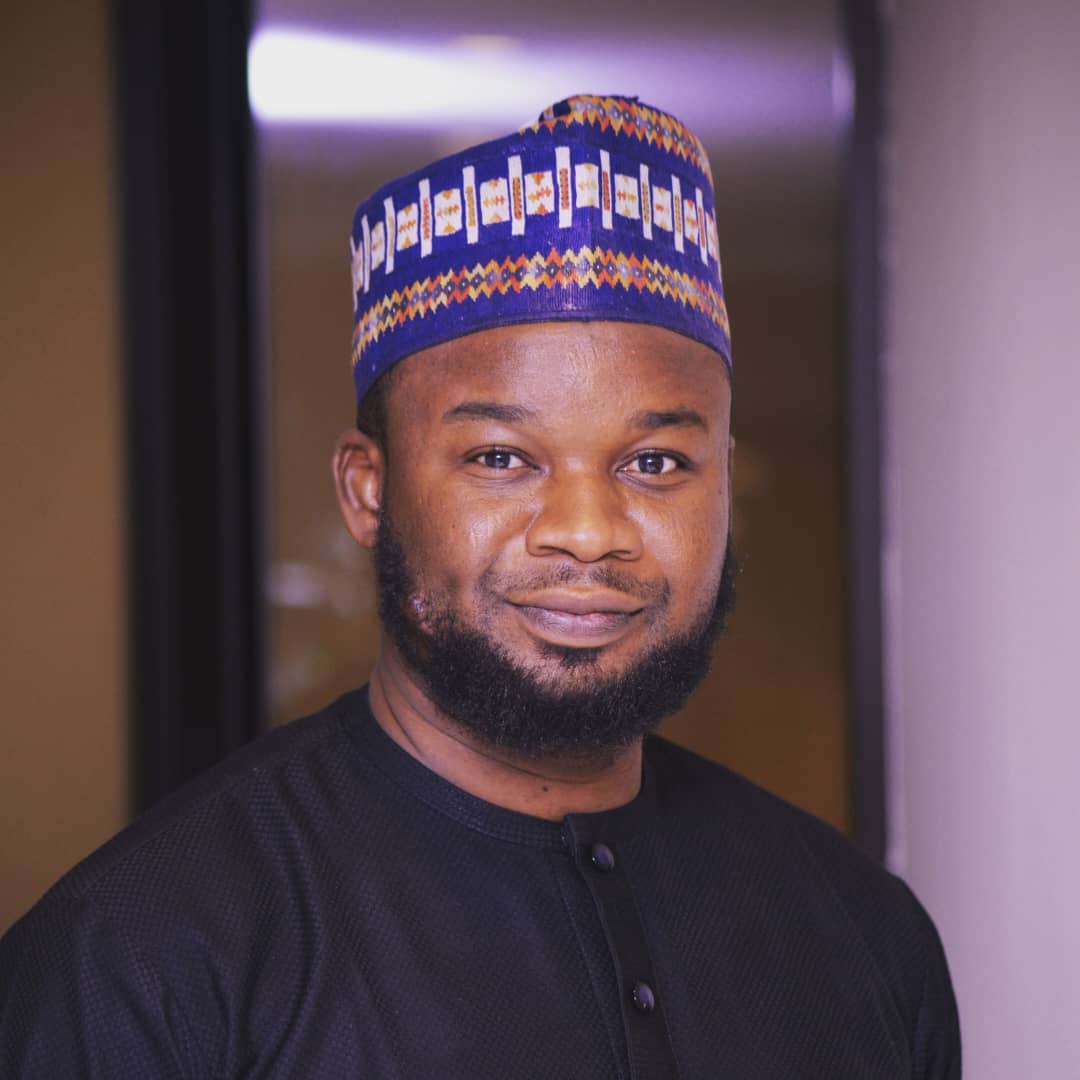
Tell us about a major challenge you’ve faced in your career and how you overcame it.
Communicating my expertise and winning the trust of prospects. It is a very noisy ecosystem; therefore, most solid professionals in the space find it challenging to access great opportunities, even when they have the technical expertise to deliver value. For a brief period in my career, I have had to battle with this.
What I have realised, and this has helped me greatly, is the need for every professional within the communication space not only to know how to do their job but also to understand the science behind mainstreaming their expertise.
Knowing how to speak about the work that you do is just as valuable as knowing how to do your job. Be an influencer in your field, make knowledge-driven videos about your career, write articles and/or social posts. Show the world the value and depth of your expertise. That way, you build your network, access more opportunities, and grow your career.
What keeps you inspired in your work, especially during difficult moments?
Firstly, the hunger for growth remains central as an element of inspiration. Secondly, having my sight on the bigger picture. Throughout my 13+ year career, I have never had a direct line Manager. I have always reported directly to the Chief Executive Officer or worked in proximity with the office of the Chief Executive or the Lead, per time. This has enabled me to feel the pulse of the institution as well as the vision of the Chief Executive.
It has helped me capitalise on opportunities to be flexible and creative, and it has also helped me navigate the often-hostile work environment. My inspiration stems from understanding the broader context, recognising that my deliverables contribute to the bigger picture, and appreciating the value of my input to the institution’s vision.
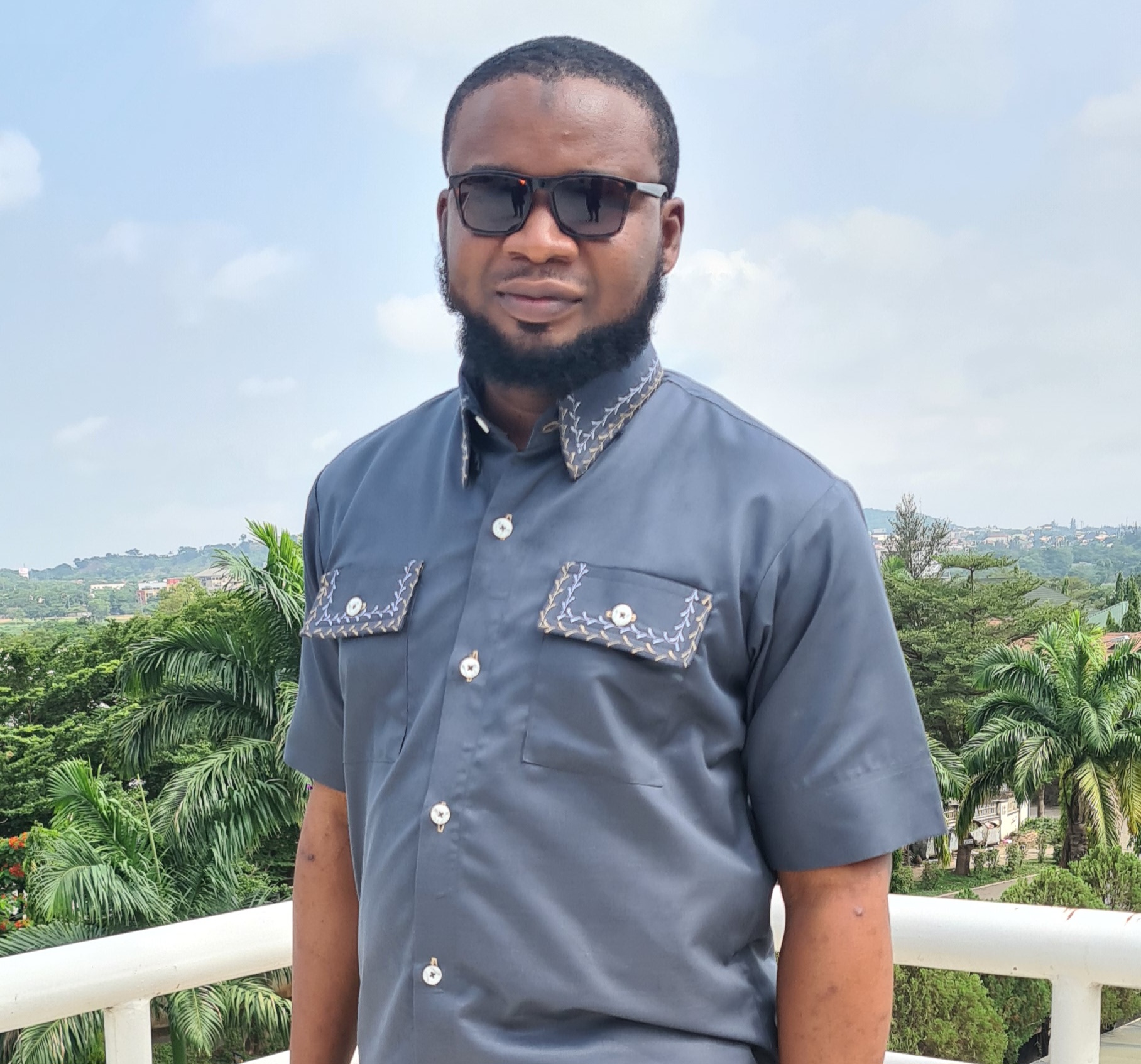
What advice would you give to someone looking to build a career in Communications?
Choose a subfield you are passionate about, such as new media, development communication, PR, adaptation communication, or content development. Then, strengthen your skills in that subfield and strategically expand your network. Beyond strategy and insights, develop technical skills in communications.
For example, understand how to use and optimise the various digital platforms; understand how to develop crisp, engaging video content and infographics; know how to write original content copies; know how to direct a production team etc. To build an active, successful career in communications, you should not sit on the sidelines. You should be actively involved and equipped with the right soft and technical skills and expertise from the very early stages of your career.

